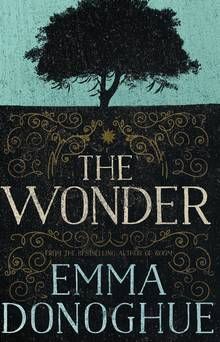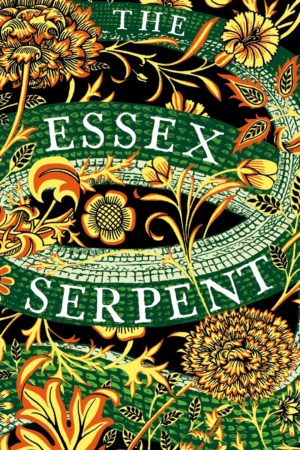
Review by Jane
The Wonder
Religious fervour in potato famine era Ireland
Lib Wright, a nurse trained by ‘Miss Nightingale’ is hired for a two-week position in the ‘dead centre’ of Ireland. A young girl has not eaten for 4 months, yet appears to be well. Her fanatically religious parents have proclaimed her to be a miracle, and pilgrims make their way to the cottage to worship the little saint-in-making. If you enjoyed Room, Emma Donoghue’s first book, then you might be put off by the very different subject matter she has chosen here. Don’t be. It is moving, lyrical, intense and surprising.












